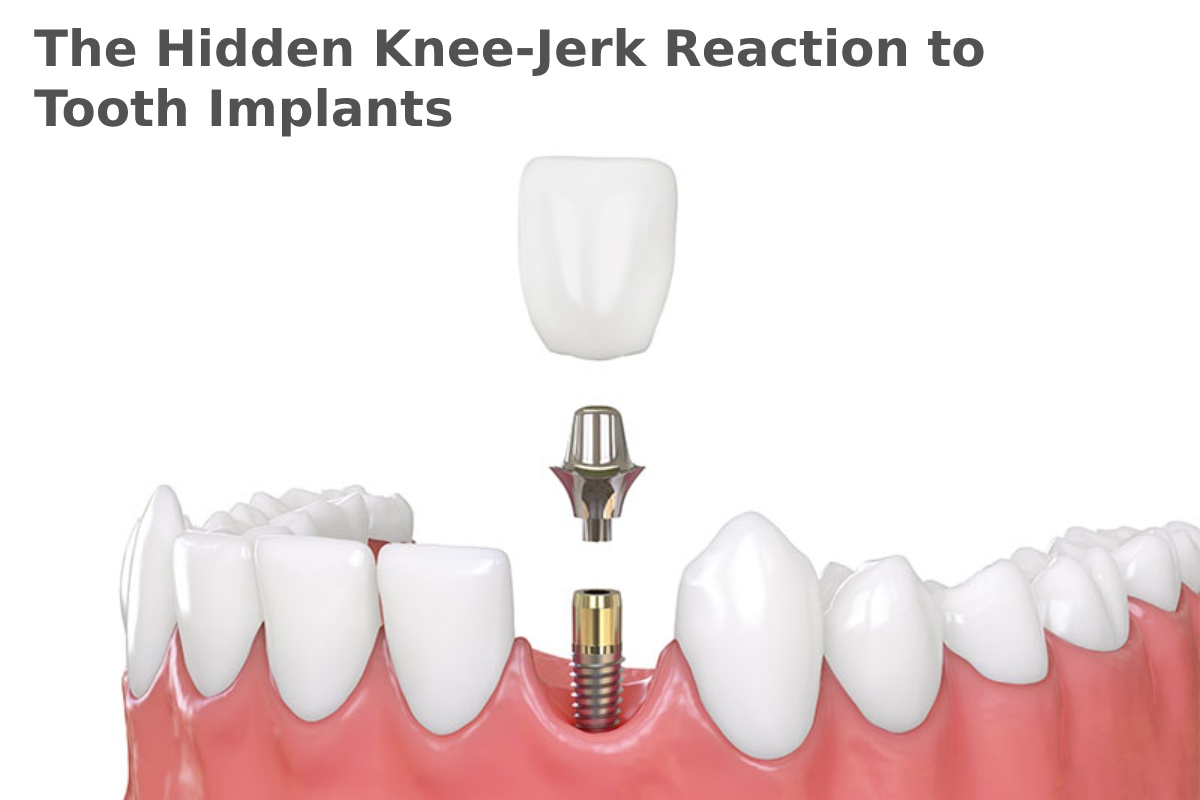A study published in Sleep and Health this month suggests that sleep apnea and depression may be linked. Specifically, researchers examined two groups of people, one who had sleep problems as a child and one who suffered from depression at an older age. The study published by researchers in the June issue of Sleep showed a significant link between these two factors.
Sleep apnea is a sleeping disorder that causes pauses in breathing during sleep. The most common type of sleep apnea is obstructive sleep apnea (OSA), caused by a series of narrow airways or an abnormal soft tissue enlargement in the area surrounding the throat and trachea. There are other forms of sleep apnea, including central sleep apnea, where the brain fails to send enough oxygen-rich blood to the lungs during Sleep, and mixed apnea, in which the heart and lungs cannot relax during Sleep. Obstructive sleep apnea is the most common form, with mixed apnea accounting for less than 10% of cases. Depression is a risk factor for OSA and depression and high blood pressure, heart disease, stroke, and diabetes.
Researchers believe that poor sleeping habits and depression may be linked because people with OSA have more deficient sleeping patterns and worse depression symptoms than those without sleep apnea. In addition, they note that sleep hygiene, which includes avoiding alcohol and other drugs that depress the central nervous system, improving sleep position, using a positive attitude to reduce feelings of depression, maintaining regular sleeping hours, and waking up at the same time each day, has been shown to reduce depression. While sleep apnea is a chronic condition, most people generally outgrow it by their early thirties, but untreated depression can last much longer. The researchers recommend that, before embarking on a treatment plan, people diagnosed with sleep apnea seek the advice of a physician, sleep specialist, or another medical professional. Most specialists would suggest sleeping in big size beds to get proper Sleep. There are more extensive beds available of sizes 9 feet by 9 feet.
Impact Of Pain And Stress On Sleep
One of the most significant impacts of pain and stress on Sleep is disruption of Sleep. Chronic pain, especially back pain, affects Sleep more than you might think. The impact of chronic pain and strain on Sleep can be severe because Sleep is central to a healthy, positive lifestyle. Sleep is vital to the healing process and helps restore balance to your body and mind. Lack of sleep can also lead to depression, anxiety, irritability, memory problems, and much more. When pain and stress interfere with your Sleep, you may become fatigued more quickly and have difficulty concentrating throughout the day.
- Pain and stress often affect Sleep because the brain is processing messages incorrectly. In addition, the impact of pain and stress on Sleep is more significant if you are experiencing depression or anxiety. When you are depressed or anxious, your brain is likely to send out incorrect signals to pain-generating areas of the brain. You may then experience prolonged pain or sleep difficulties. It is essential to address the pain and stress that are affecting your life to gain proper Sleep.
- The impact of pain and stress on Sleep can also increase when you have sleep apnea. This condition occurs when you stop breathing for short intervals during Sleep. This condition is common in those who are overweight or have diabetes. Sleep apnea may occur even if you are not experiencing any other health issues. If you suspect that you have sleep apnea, you should talk to your doctor about treating your chronic pain. And stress to get the quality Sleep you need.
- The impact of pain and stress on Sleep increases dramatically when you have other health problems. Such as liver disease, high blood pressure, heart disease, kidney disease, diabetes, cancer, or Parkinson’s disease. Although these conditions usually manifest themselves over time, they can cause your body to send out incorrect signals to indicate pain. In turn, this can continue to disturb your Sleep and lead to additional health complications, such as heart disease and diabetes.
- The impact of pain and stress on Sleep is also more extreme if you suffer from sleep apnea. Obstructive sleep apnea occurs when your airway is blocked due to several factors. Some sleep disorders, such as obstructive sleep apnea, often result from obesity. Other sleep disorders are sometimes related to age, such as insomnia, snoring, and restless legs syndrome. In addition, some common illnesses, including chronic pain, can also cause sleep disorders.
- The impact of pain and stress on Sleep also increases dramatically if you suffer from depression. Depression is a severe mental illness that has been linked to increased levels of fatigue, anxiety, and irritability. In addition, pain and depression are often closely linked, as well. Therefore, if you’re experiencing pain or depression, it may be making it difficult for you to sleep.
- The impact of pain and stress on Sleep is not just an issue for your joints and spine, however. Even your brain can be affected. When you are stressed and tired, your brain becomes distracted and does not process stressful situations differently. This can result in memory lapses and difficulty focusing on complex tasks. So, it is always suggested to Sleep in proper size beds. King size beds are the bigger ones and come in varied adaptations like the Texas King, Wyoming King, and Alaskan King.
Conclusion
The impact of pain and stress on Sleep is a genuine issue. Not only does it have severe physical repercussions, but it can also affect your quality of life. If you have trouble sleeping, it’s essential to address the issue. Thankfully, there are several effective ways to manage pain and stress and get a good night’s rest.












